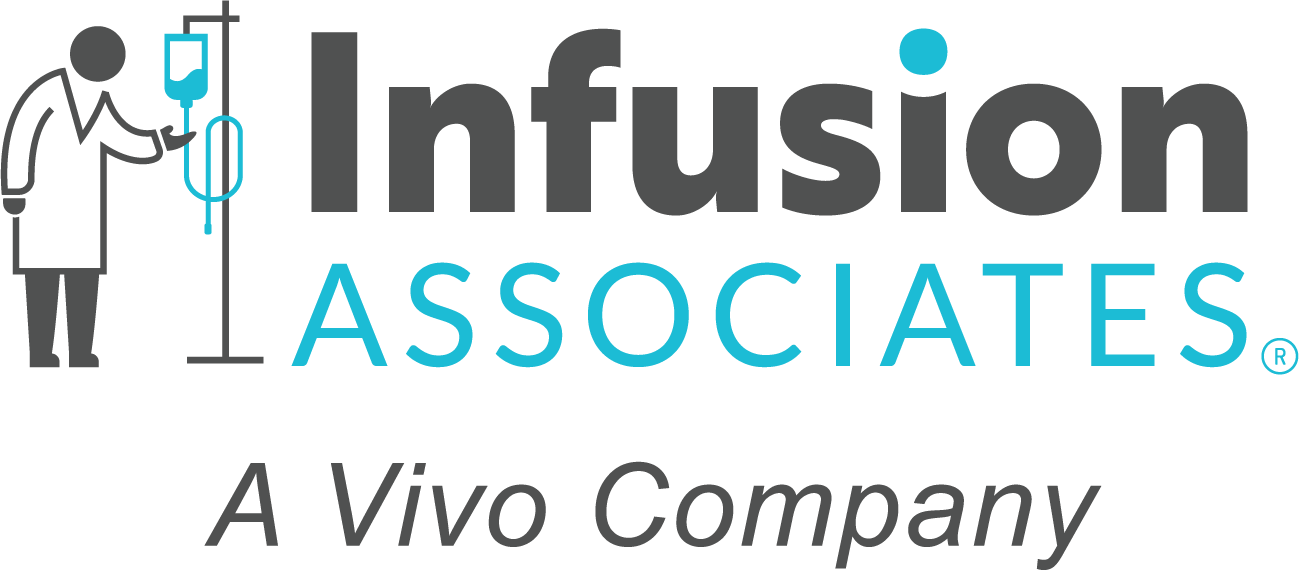The skin is the largest organ in the human body. It is responsible for important functions such as regulating body temperature as well as serving as a protective layer against the outside world. Since your skin is so frequently exposed to the elements, it is one of the most easily damaged parts of your body. Everything from scratches and sunburns to rashes occur so frequently that we hardly notice. But what happens when you have a serious infection in your skin? And what can you do about it? Treatments like infusion therapy can help.
What Is ABSSSI?
ABSSSI refers to a bacterial infection of the skin and its related tissues. The classification is not so much a medical one so much as an administrative one created by the FDA. Formerly, these infections were divided into two categories, each with different regulatory approval requirements for treatment and medication: uncomplicated skin and skin structure infections (uSSSI), which describe more surface-level skin infections caused by Staphylococcus aureus and Streptococcus pyogenes and complicated skin and skin structure infections (cSSSI), which refers to infections involving deeper soft tissue and requiring a greater degree of surgical intervention.
Now both uSSSI and cSSSI are grouped together as ABSSSI. Examples of skin conditions commonly included in this category are:
- Cellulitis/erysipelas
- Wound infections
- Major cutaneous abscesses
- Infections from animal bites
- Necrotizing fasciitis
- Diabetic foot infection
How Infusion Therapy Works for ABSSSI
The standard treatment for ABSSSI is antibiotic therapy with surgical intervention as necessary. Antibiotics work to kill or prevent the growth of underlying harmful bacteria that are causing the infection. And, while some antibiotic treatments for ABSSSI are available in oral form, IV infusions are available for many of the treatment options. For patients who are unable to take oral medication, or for whom oral medication has proven ineffective, infusion therapy is the best option.
Infusion treatments for ABSSSI generally takes 30 minutes to complete but can vary depending on individual patient needs and what medication is being administered. The antibiotics are delivered directly into the patient’s bloodstream through an intravenous (IV) drip at a safe and effective rate to ensure optimal treatment results.
What to Expect
When you first visit one of our Infusion Associates locations, you will meet with one of our healthcare professionals to discuss the details of your therapy. This includes medications, dosage amount, length of each treatment, and possible side effects. This is also a good time for you to bring up all of your questions and concerns.
Once the initial meeting concludes, you will be escorted to one of our treatment rooms. As soon as you walk in, you’ll notice they’ve been designed to make you feel as comfortable as possible. You’ll receive your treatment while sitting in a reclining chair. We also provide blankets, warm beverages, WiFi, and TV. You are more than welcome to bring your favorite snacks. You’ll also have either a nurse or a doctor monitoring your infusion to ensure everything goes smoothly.
Infusion Medications Used for ABSSSI
Medications used for ABSSSI vary depending on the patient’s history and severity. The most common infusion medications include:
- Dalvance (dalbavancin) — given either as a single dose, 30-minute infusion treatment or as two 30-minute infusions, one week apart
- Orbactiv (oritavancin) — administered in a single, three-hour infusion
- Vancomycin — administered in a slow-drip of at least one hour, taken in intervals between six and 24 hours for the duration of the prescribed treatment
What medication is ideal for a given patient or ABSSSI will differ based on individual needs. If you have an ABSSSI, talk to your doctor to find out which treatment option is best for you.
Side Effects
Side effects will differ based on what medication is prescribed. The most common ones include:
- Headache
- Back pain
- Nausea
- Diarrhea
- Subcutaneous abscesses
Since antibiotics can destroy healthy as well as harmful bacteria, your risk of infection also increases with any antibiotic treatment.
Serious adverse effects and allergic reactions can sometimes occur.
If you are experiencing one of these, please seek emergency medical attention. You are also encouraged to report such side effects to the Food and Drug Administration (FDA) by visiting www.fda.gov/medwatch, or by calling 1-800-FDA-1088.
If Your Doctor Has Recommended Infusion Therapy for ABSSSI, Let Infusion Associates Help You
At Infusion Associates, we provide medically-prescribed infusion therapy in a welcoming and friendly environment. Our team of healthcare professionals is fully committed to making the experience as comfortable as possible for you or your patients. We always inform patients of any potential side effects and answer all their questions before starting treatment. In addition, we have a registered pharmacist on-site to make the process as seamless as possible.
If you would like to refer a patient to us or want to inquire about the treatments we offer, you can contact us by calling us at (616) 954-0600 or filling out this form.

